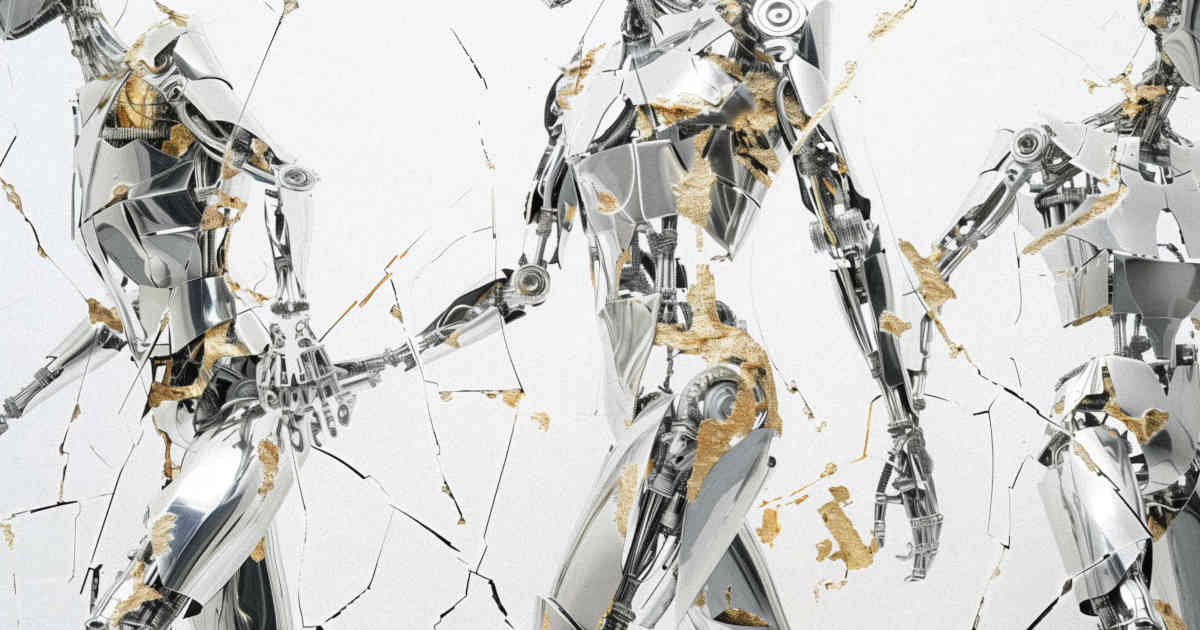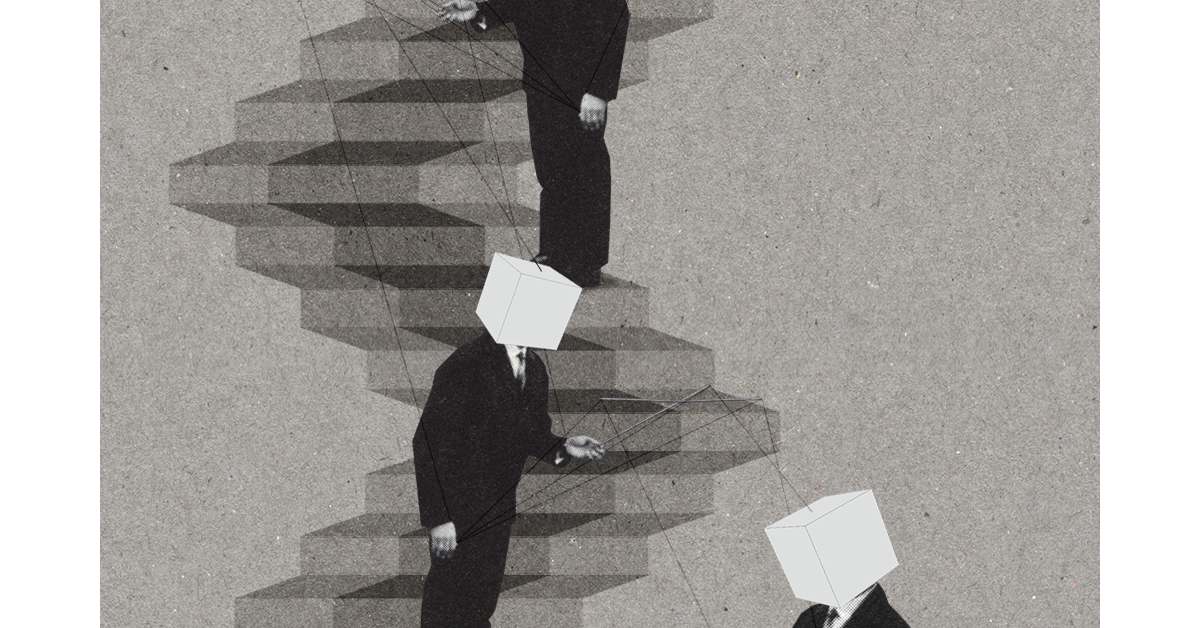“The cradle rocks above an abyss, and common sense tells us that our existence is but a brief crack of light between two eternities of darkness.”
― Vladimir Nabokov, Speak, Memory
In March, 1967, I was a Greek God. Yup, the Intra-fraternity Council had selected me as the frat-boy extraordinaire. I was seen as the clean-cut, All-American, buttoned-up, locked-down, and closed-off model for fraternity life on campus.
In September of that year I became a government grunt. In order to avoid being drafted into the infantry and being sent to Vietnam to fight in the jungles, I enlisted in military intelligence. I had it all figured out. The Army would send me to Carmel, California to learn German, I would be sent to Berlin for two years, and return to advance my career in International Marketing with IBM. Life couldn’t possibly throw me a curveball. I had immunity.
In March, 1968, I was on my way to Vietnam with no hair on my head, an M-16 in my hand, and a heavy heart in my chest. While I was lucky enough not to encounter much danger during my one year tour in Saigon, the experience completely shattered my illusions about myself, my government, and civilization writ large.
In one short year, I went from a Midwestern, fair haired boy on the fast track to big titles and great wealth to a Vietnam Veteran against the war marching on Washington to protest state-sponsored murder and government lies. Instead of strolling into to a corporate suite with perks and privileges, I ended up in jail trying to help inmates re-integrate into their communities AND to help myself re-enter a society into which I no longer seemed to fit with my long hair, sense of betrayal, and seething anger.
My script had flipped.
To be honest, after several years working in jails and hospitals, I did return to corporate life as a consultant. I even tried my hand as a corporate employee for a few two-year stretches, but I couldn’t get my head and heart into it. My experience in Vietnam resulted in my transformation from ultimate insider to a bit of an outsider. Not to overplay it, I still plead guilty to helping already affluent people grow their wealth, and I still benefit from all the privileges my race and gender provide me.
In the last 55 years, however, my main goals have centered on opening up, becoming more vulnerable, and expanding my empathy – sometimes at the expense of my bank accounts and the traditional image of “a man’s man,” to say nothing of the perception I had created on my way to becoming “the man.” At a recent event, for example, I toasted my grandkids one night and was roasted the next night because I had shown too much emotion after my speech. What I have found is that one “price you pay” for opening up and fully experiencing emotions is that tears flow more quickly than they might with a closed down personality. I guess my attempts to flip the script of what being a real man might look like still feels embarrassing – much more work to do. But, it must be said, the cultural and historical expectations of how a “real man” should look and act have not exactly produced great results.
As my grandson recently said, “God simply gave us a pen. It’s up to us to write the script.” Perhaps it’s time to write a new story on the role of men in the world and the responsibilities of our human species on this planet. There is no question that we have done more damage to the planet in 300,000 years than all of the species combined over the past 4 billion years.
My personal example simply serves as an illustration of what happens when you flip the script. What we are currently seeing in our government is a constant stream of flipped scripts, or more accurately, assaults on the truth. I’m afraid we need to do a lot of script revisions on the story we are writing as Americans because it doesn’t look like this story is going to have a happy ending. For example, in this administration:
- The narrative that immigrants are rapists and murderers invading our country, driving crime and draining public resources is not an accurate representation of the net value immigrants provide. Numerous studies show that immigrants, both authorized and unauthorized, have lower crime rates than native-born citizens. They also contribute significantly to the economy through taxes, labor, and entrepreneurship, often filling jobs that native-born workers may not want.
- The narrative that spending cuts implemented by DOGE are needed to reduce waste and fraud is not only grossly overstated but also ignores the vulnerability and needs of marginalized people. For example, the cuts to Medicaid, SNAP, and USAID have already resulted in hundreds of thousands of deaths and will likely result in unimaginable misery for millions of people.
- The narrative that climate change is a hoax or a natural cycle, and human activity has little to no impact is false. The overwhelming scientific consensus is that climate change is real, is primarily caused by human activities (like burning fossil fuels), and poses significant threats to the planet and its inhabitants.
- The narrative that “Trickle-down economics” (tax cuts for the wealthy and corporations) universally leads to widespread economic prosperity for everyone is not supported by the evidence. While proponents argue it stimulates investment and job creation, critics point to increased wealth inequality and limited benefits for lower and middle-income earners in practice. The more likely truth is that tax cuts for corporations and the wealthy will increase the national debt by $4 trillion over the next 10 years at the expense of the middle and working class. Given the fact that our current deficit is almost $2 trillion ($1.8 trillion in 2024), it’s hard to imagine that this new wave of tax cuts won’t accelerate the transfer of wealth from the lower 90% to the top 1% ($50 trillion has shifted in the last 4 decades) and explode the debt even further.
- The narrative that vaccines cause autism or other serious long-term health problems is not supported by rigorous studies. Extensive scientific research has definitively debunked the link between vaccines and autism. Major health organizations globally confirm the safety and effectiveness of vaccines, and the benefits of vaccination far outweigh the minimal risks.
- The narrative that social media platforms are neutral conduits of information is not an accurate portrayal of an information ecosystem highly impacted by AI. Social media algorithms are designed to maximize engagement, often by prioritizing sensational, emotionally charged, or divisive content. This can create echo chambers, amplify misinformation, and contribute to polarization, making them far from neutral.
- The narrative that government interventions in the economy (e.g., regulations, social programs) are inherently detrimental to freedom and economic growth is contrary to historical data. While excessive or poorly designed regulations can hinder growth, targeted government interventions can address market failures, protect consumers, ensure public safety, and provide essential services that support a functioning economy and society. The balance between interventions like tariffs and free markets requires deep analysis and thoughtful targeting.
- The narrative that the past was a “golden age” where society was simpler, more moral, and universally better is not an honest representation of history. While nostalgia can be powerful, historical analysis often reveals that past eras had their own significant challenges, inequalities, and hardships, which are often overlooked in idealized narratives. Think genocide, slavery, and toxic masculinity. Progress has been made in many areas, even as new challenges arise.
- The narrative that “All-or-nothing” or “us vs. them” thinking in politics accurately reflects societal divisions does not paint an accurate picture of our current situation. This type of binary thinking oversimplifies complex issues and often exaggerates differences between groups. Research often shows that people’s views are more nuanced and that there is more common ground than divisive narratives suggest.
- Narrative: Crime rates are consistently and dramatically rising across the board, making communities much less safe is a fear-driven generalization. While certain types of crime may fluctuate in specific areas, overall crime rates have often seen long-term declines in many places over the past few decades, despite what media narratives or political rhetoric might suggest.
Finally, one of the most baffling flips to me is how the powerful idea of Diversity, Equity, and Inclusion became convoluted by many conservatives into a white, male replacement conspiracy. The script of gratitude for the gifts of difference became a script of grievance from perceived take-aways. I wonder how many of us could stand to flip from grievance driven scripts to gratitude inspired scripts.
I could go on and on with examples of gaslighting, dog whistling, and convoluted conspiracy theories but you get the idea; and I believe a growing portion of the population may be getting it as well. For instance, the most nominated play on Broadway this season is John Proctor is the Villain, which exposes how the script of the Me Too movement was flipped to become a witch hunt against all men. Or, for instance on the geopolitical stage, the script that the Communist Party is an all-powerful, authoritarian force is being rewritten to show that power really rests in the periphery.
If you have any tolerance left for this discussion, let me give you a more esoteric example of the possibilities of flipping the script. If we completely reframe the opening quote by Nobakov, we might ask: What if our existence is but a brief crack of inevitable moments of darkness between two eternities of light?
In his poignant reflection, Vladimir Nabokov famously described life as “but a light in the crack of eternal darkness before and after life on earth.” This perspective, steeped in a sense of fleeting existence and ultimate oblivion, stands in stark contrast to the profound and enduring philosophies of Hinduism and Buddhism. These ancient Eastern traditions offer a vision of immortality not as a static state, but as a dynamic journey of spiritual evolution, where the actions and insights of this life profoundly shape one’s destiny in the “afterlife” and beyond. Far from being a mere flicker, existence in these frameworks is a continuous cycle with the potential for ultimate liberation, transforming the perceived “eternal darkness” into a path toward enlightenment.
In Hinduism, the individual soul, or Atman, is eternal and fundamentally identical with the ultimate reality, Brahman. Immortality, in the conventional sense of endless individual existence, is not the ultimate goal; rather, it is the liberation from this cycle itself. This liberation is achieved when the Atman realizes its non-duality with Brahman, transcending the limitations of individual existence and merging with the universal consciousness. Spiritual evolution in Hinduism, therefore, is a conscious effort to accumulate good karma and purify the self. The Upanishads, foundational texts of Hindu philosophy, emphasize the profound connection between actions and their karmic consequences, guiding individuals to live in accordance with Dharma to achieve spiritual liberation. Thus, the “afterlife” is not a static destination but a continuation of the evolutionary process, with each life offering an opportunity to refine the Atman
Buddhism, while emerging from the same Indian philosophical milieu, offers a distinct perspective on immortality, particularly through its doctrine of Anatta (no-self). Unlike Hinduism’s eternal Atman, Buddhism posits that there is no permanent, unchanging soul or self that transmigrates. Instead, what continues from one life to the next is a stream of consciousness or a causal continuum, driven by karma. The ultimate goal in Buddhism is Nirvana, the cessation of suffering (dukkha) and the complete extinguishing of clinging, craving, aversion, and ignorance that fuel the cycle of rebirth. The “afterlife” in Buddhism is therefore a direct consequence of one’s ethical and spiritual development in this life, with each rebirth providing further opportunities to progress towards Nirvana. The quality of one’s present existence directly impacts the circumstances of future rebirths, until the cycle is finally broken.
Both Hinduism and Buddhism, despite their nuanced differences, fundamentally challenge Nabokov’s bleak assertion. For them, life is not a brief, isolated spark against an eternal void, but a crucial phase in an ongoing, purposeful journey. The “darkness” before and after life is not an empty oblivion but a dynamic field of karmic progression and potential liberation. Spiritual evolution in this life is not merely about personal betterment; it is the very mechanism by which one navigates and ultimately transcends the cycles of existence. The emphasis on ethical conduct, self-awareness, and compassionate action in both traditions underscores the profound agency individuals have in shaping their own destinies, not just for a single lifetime but across countless rebirths.
On a more mundane level, I recently watched the movie Mountainhead by Jesse Armstrong, the creator of Succession. The four main actors in this darkly satirical and highly implausible story line represent tech bros like Musk, Thiel, Zuckerburg and a wannabe billionaires. While the movie deals with the dangers of content generation, content moderation, and content verification, the real focus is on the one-value lives of these four men who see themselves as the only truly important people in the world. The rest of us are non-players. In this movie, the actors play out their scripts, create global chaos in the process, and flip off the rest of the world as a consequence. All too familiar.
The movie reminded me of Gurdjieff’s quote, we are “pouring from the empty into the void.” Gurdjieff suggests that simply imparting knowledge without the capacity to truly grasp and integrate it is like trying to fill emptiness with nothingness. In this case, the tech bros were blatantly pouring from full pocketbooks, but empty souls, in an evil attempt to replace ancient truths with fake information. They are ultimately creating a void by pouring disinformation, lacking substance and meaning, without providing anything that’s truly transformative. It is essentially the process of disseminating “knowledge” without a corresponding capacity for true understanding and application. Think AI.
All of these personal, practical, and principle-based examples substantiate a long history of attempts to replace facts with ideology. I believe, however, that we have the power on a personal and local level to flip the script on religion, politics, and economic theory. Flipping my own script clearly made a positive difference for me. Hopefully, it won’t require the shockwave value of another Vietnam to convince more of us that a little script revision may be appropriate. We just need to get out our pens and start writing.
I’m hoping we can create compelling narratives and images that flip the script sufficiently to engage a broader range of voters. I’m hoping that more men will replace their obsession of joining the B-club fraternity and discover that the true source of transformation comes from finding meaning instead of making money. I’m hoping that we can deal with our inevitable moments of darkness in ways that enlighten our spirtual evolution. Finally, I’m hoping that we start filling our pens with a magical ink that will empower us to write a different script for ourselves, our community, and our world. May it be so.
Also published on Medium.



